
How many cases of COVID-19 have been confirmed globally and nationally? How many recoveries? Get your daily COVID-19 update here.

How many cases of COVID-19 have been confirmed globally and nationally? How many recoveries? Get your daily COVID-19 update here.
_0.jpg?w=350&fit=crop&auto=format)
Researchers have made progress on a COVID-19 vaccine delivered through a Band-Aid-sized skin patch that is quickly effective and producible on a large scale.
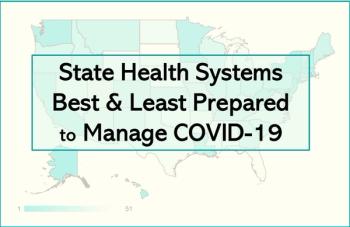
A state's preparedness to manage the COVID-19 shock to its health system might be assessed by looking at its foundational health care resources.
.jpg?w=350&fit=crop&auto=format)
Authors of a new research letter suggest that although early data show COVID-19 isn't as severe in children, health care providers and caregivers should still be vigilant.

In Nevada, 14 000 citizens quickly report on COVID-19 signs and symptoms to enhance predictive public health models and inform containtment strategies for the state.
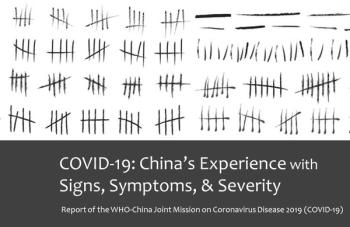
The statistics on COVID-19 signs, symptoms, progression, and spread in China put the world on notice.

ACC.20/WCC. Increased blood levels of eicosapentaenoic acid and not reduced triglycerices may explain reduction in cardiovascular events and death seen in REDUCT-IT study.

For your patients confined to home, whether ill or out of caution, regular virtual contact to check on status and serve as a trusted resource is important. Here are 5 tips on how to do it.

ACC.2020/WCC. The TAILOR-PCI trial found benefit to genotype-guided therapy in first 3 months post-PCI, although 1-year results fell short.

ACC.20/WCC. VICTORIA study shows patients with high-risk heart failure taking vericiguat may have lower risk of CV death, HF hospitalization.

Plan to attend ACC.20/WCC Virtual! The American College of Cardiology virtual 2020 scientfic sessions begin Saturday, March 28, at 8:00 am CDT. Find out how to "attend."
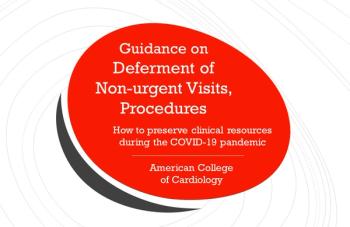
In order to conserve clincal resources needed to care for patients with COVID-19, the American College of Cardiology suggests that a variety of procedures and visits be placed on hold.

A new study found that walking approximately 8000 steps a day vs 4000 steps can reduce all-cause mortality by 51%.
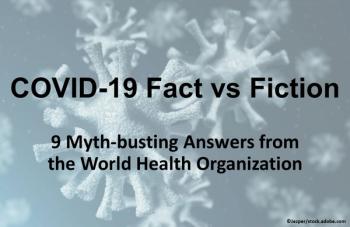
Fact or fiction? Vaccines against pneumonia can protect against COVID-19. Plus 8 more questions and answers from the World Health Organization.

Fraudulent claims on treatments and cures for COVID-19 infection are flooding social media and other digital communications. Here, 6 samples of misinformation your patients may be reading.

Eliminate waiting room magazines; cross-train staff for all essential functions; reorganize waiting area to “contain” febrile patients. Check, check, check?

Research from China reported in NEJM suggests SARS-CoV-2 transmission potential of patients with minimal or no symptoms, complicating detection and containment picture.

Of course they get oseltamivir—but our author has been adding azithromycin for his high-risk patients since the 2015-16 season. He explains why.

Sample: For which type of pain is there the most evidence supporting the use of ketamine?
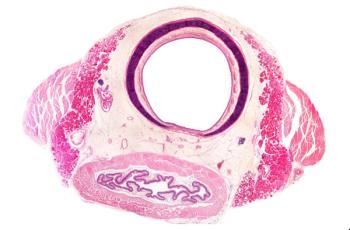
Medical therapies for achalasia are limited but new procedures are improving management. A gastroenterologist highlights new guidelines.